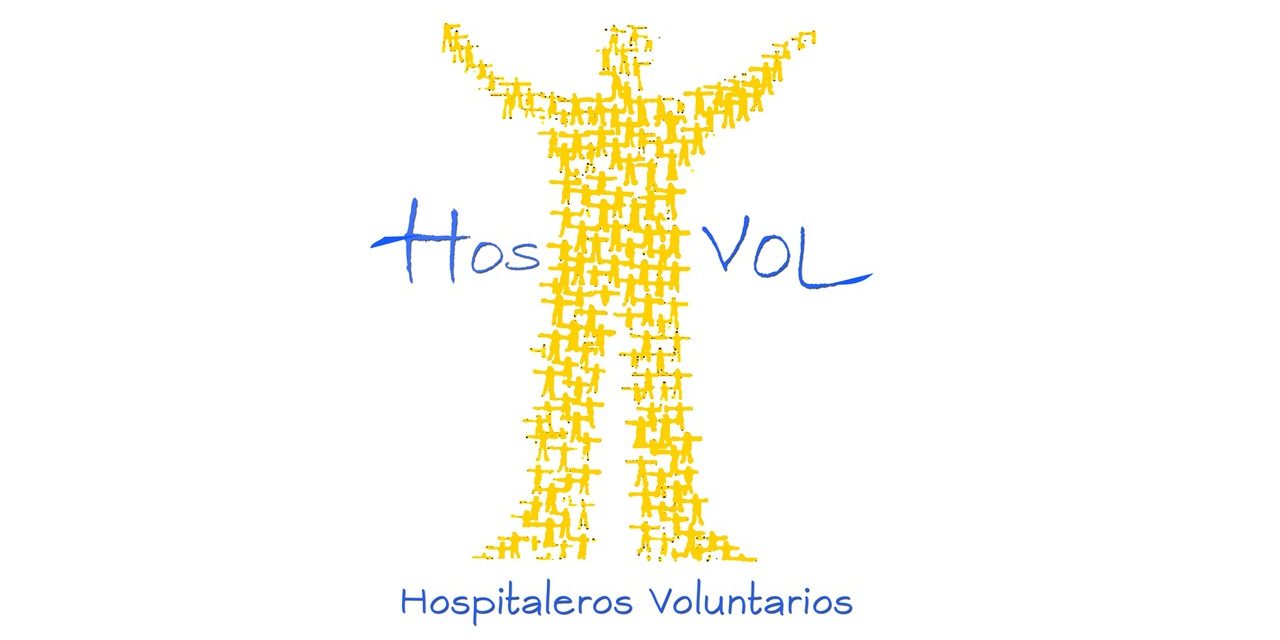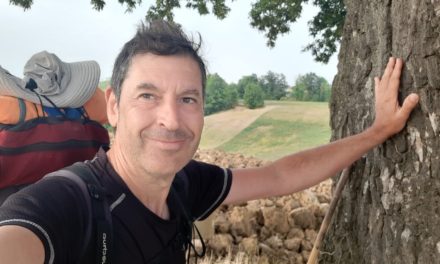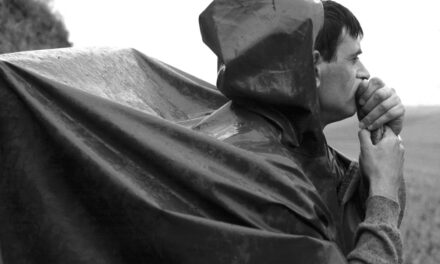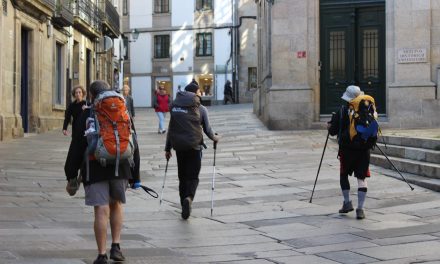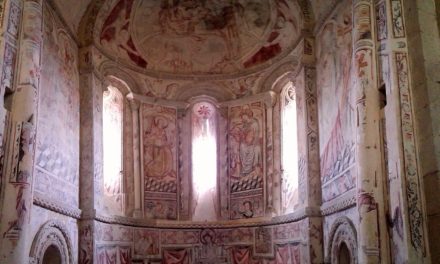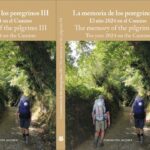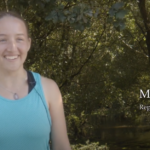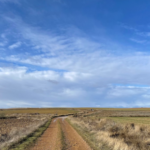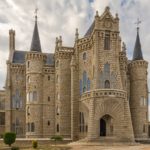Everything is uncertain for the time being. The countries will not become stable for some time yet, therefore the return to normality will take time before it reaches our immediate environment and the countries that respond to the call of the Camino. There will be fewer Spanish pilgrims and the most evident decrease will be in the number of foreign pilgrims and with them, the hospitaleros. It will be an extremely odd year that will not undermine the Camino and its fundamental structures, but it will oblige us to adopt measures to survive. The presence of people on the Camino is essential – there is no Camino without pilgrims – and as long as the health situation is not solved, no aspect of the Camino de Santiago will be normalized. The Camino has to be totally safe. If we take risks with the Camino, we will also be risking the prestige of Spain as a solvent country.
Hospitaller volunteers of the Federation, look after pilgrims in shelters that are of multiple ownership (parochial, monastic, conventual, association and municipal), with different capacities and dissimilar infrastructures. This makes it very difficult to know what decisions they will make when the Camino is open: whether they will adopt distancing measures, whether they will wait as long as it takes before opening once the pandemic has ended, or whether they will directly refuse to re-open the hostel.
We, the volunteers of the Spanish Federation of Associations of Friends of the Camino de Santiago, are willing to go where we are needed, even if we have to help in shelters that are not within our jurisdiction. Our priority is to open shelters located at starting points of the Camino or wherever the numbers of pilgrims will justify it.
Hospitaleros are clearly aware that the safety of pilgrims comes first, but at the same time we give the same importance to the safety of volunteers and they will only go to the shelters that meet the hygienic-sanitary standards and conditions that are currently imposed.
How do we see the next season of hospitality, of reception? We continue counting on fraternal and caring hospitality; Christian-based humanism, one which welcomes all past pilgrims who want to return to the Camino and benefit from the graces received at the hands of volunteers and other pilgrims. We advocate maintaining this way of welcome, which just in 2020 celebrates thirty years on the Camino; the one that is accepted by all and is called a traditional reception.
How do we see the welcome of others along the Camino? Again, it is difficult to predict. We think that the current situation will also leave many at the roadside; it will be a pity to know that many are going to be “out of the game” who, making hospitality their way of life, offered pilgrims the best of welcomes.
It would be good if the time taken up in dealing with the pandemic had made us reflect on the profound changes that the Camino has undergone so far- changes that are almost never for the good. We should reflect on the values of the Camino, which, being eternal, have been almost buried by commercial greed that envelops everything.
We will be on the Camino for those who need us as we were when in the 90s of the last century, when we appeared to be on the fixed side of the Camino, when many still did not believe in the revival of the old roadside welcome and questioned it. We will do it again. That’s what we were born for.
Voluntary hospitality workers want to continue being present on the Camino and to be, as far as possible, one of the guarantors of its good values: fraternity, solidarity, shared spirituality, faith, co-existence, trust.
And this will be possible if we all – from the institutions to each one of the individuals who are on the Camino, the pilgrims and the hospitaleros – look at it again as the source of cultural and economic wealth (also) that it is. But, above all, it should be seen as the opportunity for people to deepen their beliefs, to develop their inner search, to grow as people in a constant learning situation. That, ultimately, is what the Way is and offers to whoever goes through it with “a willing soul”.
This mission remains in the hands of all of us on the Camino.
Ana Barreda. Coordination of volunteer Hospitaliers of the FEAACS (Federación Española de Asociaciones de Amigos del Camino de Santiago)
Whoever is interested in being a volunteer hospitalier can find the necessary information at:
https://www.caminosantiago.org/cpperegrino/comun/inicio.asp
https://www.caminosantiago.org/cpperegrino/hospitaleros/cursos.asp

